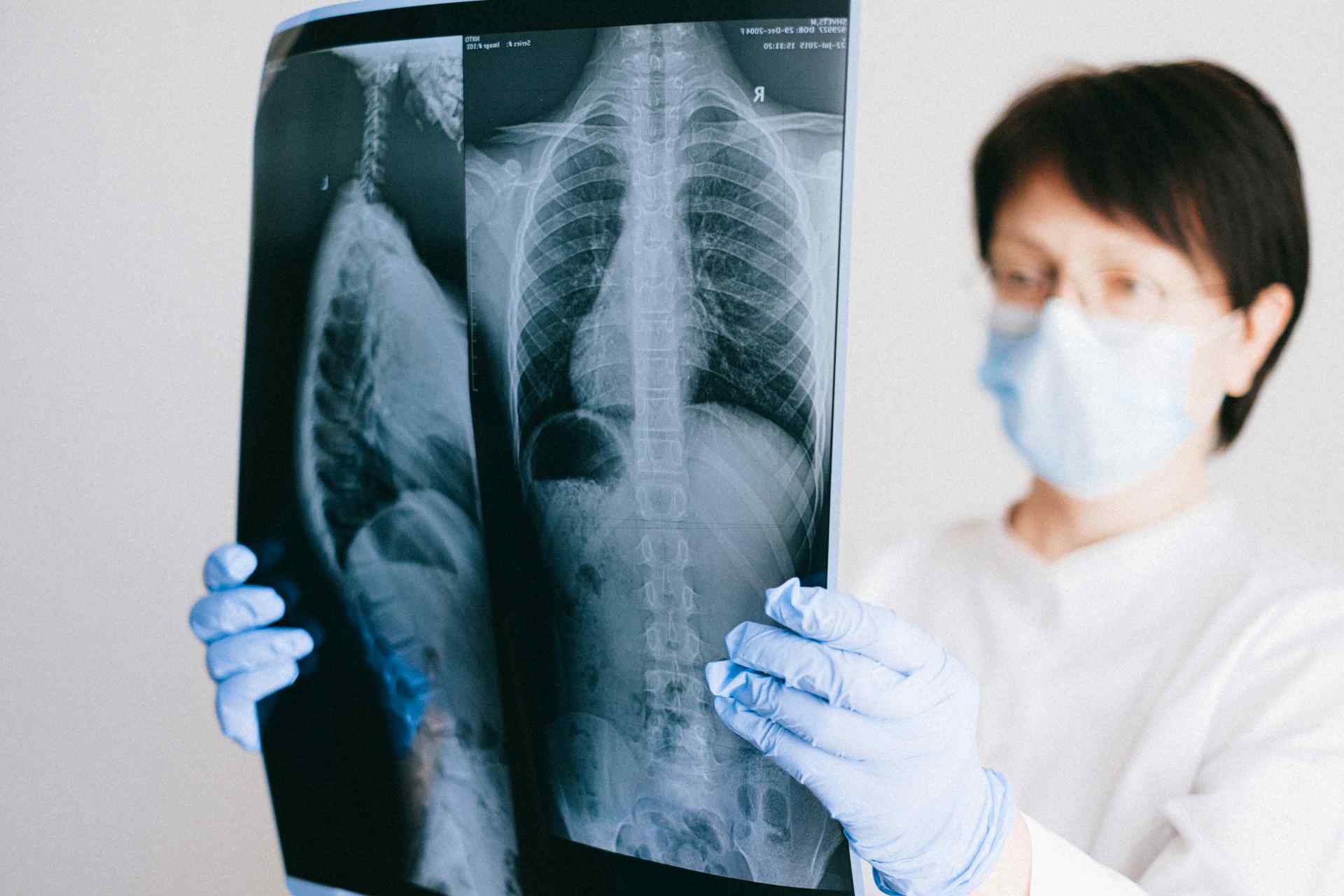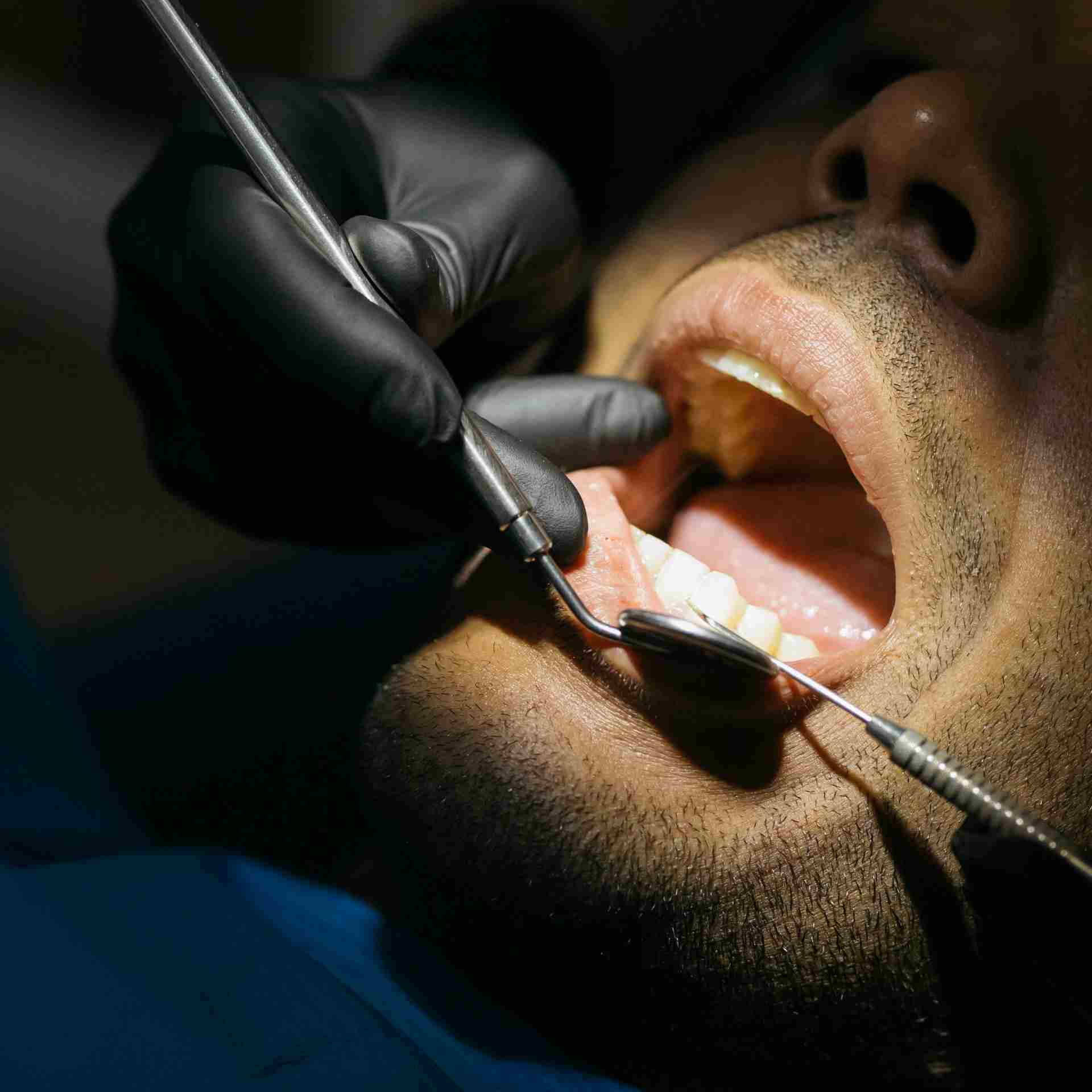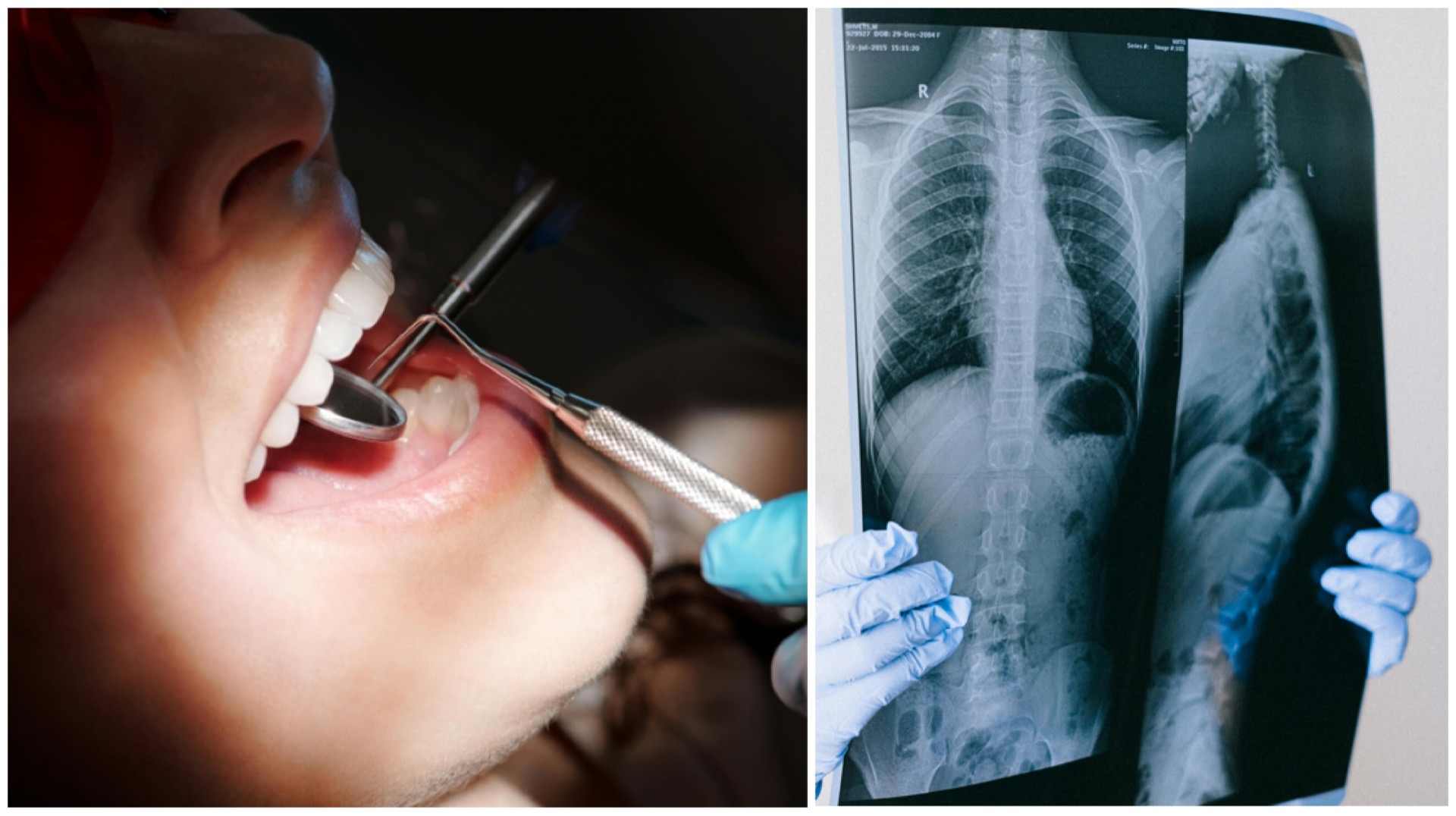Healthy Mouth, Happy Life: A Reminder That Oral Health Impacts General Health
“Maintaining good oral hygiene and seeking timely dental care can help prevent the progression of gum disease and reduce the potential risk to the heart.”
That’s a sobering reminder by Dr James Ho, founder of GPlus Dental Center and G Dental Center as we commemorate World Oral Health Day on 20 Mar.
Founded by the FDI World Dental Federation, an international organisation representing over one million dentists worldwide, World Oral Health Day was first celebrated in 2013, making this year’s celebration its 12th anniversary. The FDI World Dental Federation established this global initiative to address the growing concerns surrounding oral health and to promote preventive measures on a worldwide scale.
The theme for this year’s World Oral Health Day is “A Happy Mouth Is… A Happy Body”. To emphasise this campaign, we speak to Dr Ho about the ways in which oral health affects general health, and how much (or rather, how little 🫢) Singaporeans are paying attention to their oral health.
 Dr James Ho, founder of GPlus Dental Center and G Dental Center. | IMAGE: GPLUS DENTAL CENTER
Dr James Ho, founder of GPlus Dental Center and G Dental Center. | IMAGE: GPLUS DENTAL CENTER
Dr Ho, how does gum disease impact heart health?
Gum disease, or periodontitis, can have a significant impact on heart health. The link between oral health and cardiovascular health is well-established. When gum disease progresses, bacteria in the infected gums can enter the bloodstream, leading to inflammation in other parts of the body, including the arteries.
This inflammation can contribute to the development of cardiovascular problems, such as atherosclerosis (hardening of the arteries), which may increase the risk of heart disease and stroke. Maintaining good oral hygiene and seeking timely dental care can help prevent the progression of gum disease and reduce the potential risk to the heart.
 IMAGE: PEXELS
IMAGE: PEXELS
Poor oral hygiene can impact the respiratory system. How so?
Poor oral hygiene can also affect the respiratory system, particularly in the form of respiratory infections. Bacteria from the mouth can be aspirated into the lungs, leading to infections such as pneumonia. Individuals with compromised immune systems, such as the elderly or those with pre-existing respiratory conditions, may be more susceptible to these complications.
Additionally, chronic inflammation in the oral cavity due to untreated dental issues may contribute to a heightened systemic inflammatory response, potentially affecting the respiratory system and exacerbating respiratory conditions.
Therefore, maintaining good oral hygiene practices, including regular dental check-ups, can help reduce the risk of respiratory infections and promote overall respiratory health.
 IMAGE: PEXELS
IMAGE: PEXELS
What are the most common oral health issues among young Singaporeans?
There are several common oral health issues among Singaporeans [aged 19 to 39], including cavities (dental caries), tooth decay among adults, and improper oral hygiene practices, including inadequate brushing and flossing, which can contribute to the development of cavities.
Recent research conducted on adults aged 21 years and above in Singapore has revealed that while they possess good knowledge of dental caries, there are some gaps in their understanding of periodontal disease.
I find that a prevalent challenge in this age group is the lack of early intervention for gum disease, allowing the seeds of future, more serious problems to be sowed. This is often attributed to lifestyle changes, with individuals entering a phase of newfound independence, juggling careers, family responsibilities, and more. Additionally, early warning signs of gum disease are commonly dismissed, both by patients and professionals alike.
Gum disease (periodontal disease), also known as gingivitis and periodontitis, can affect individuals in their 20s and 30s. Poor oral hygiene, smoking, and certain health conditions can contribute to gum disease.
Many individuals in their late teens and early 20s may experience problems with wisdom teeth, such as impacted wisdom teeth or overcrowding, leading to pain, swelling, and infection; tooth sensitivity to hot, cold, or sweet stimuli is also a common concern. It may be caused by factors such as exposed tooth roots, enamel erosion, or cavities.
How much – or how little – are Singaporeans paying attention to their oral health?
According to a study on oral health in Singapore, it was found that a significant number of Singaporeans aged 21 and above are not giving enough attention to their dental health. The study revealed that 34.8% of respondents had untreated dental caries [the decay and crumbling of a tooth], while 15.7% and 41.2% were affected by moderate and severe periodontitis, respectively.
Although more than half of the participants (53.9%) visited the dentist on a yearly basis, a surprising 60% of eligible individuals did not take advantage of government dental subsidies.
These findings suggest that there is a pressing need for Singaporeans to prioritise their oral health and take advantage of available resources to prevent dental problems. It’s a crucial consideration, and the reality is that everyone will need to address their oral care at some point in their lives.
Those who are wise enough to prioritise oral health throughout their adult years get to enjoy healthier teeth for an extended period. Conversely, for those who neglect their oral care, the time will come when attention is imperative. However, delaying this attention often leads to increased suffering, higher expenses, and regret.
 Singaporeans are fortunate to have easy access to dental care. | FILE IMAGE: WONDERWALL.SG
Singaporeans are fortunate to have easy access to dental care. | FILE IMAGE: WONDERWALL.SG
How does the oral health of Singaporeans compare to the rest of the world?
I would say the average Singaporean compares very favourably. We have early access to dental care as a child, and easy access to care as an adult.
Geographical and socioeconomic barriers to care in many countries are largely non-existent in Singapore. Our fluoridated water helps, and government institutions and mandatory bonds for dental students help ensure affordable care in a community setting. In addition, most dental services are relatively affordable to most citizens due to our higher income level compared to other countries. All these factors contribute positively to the overall oral health of Singaporeans.
Interestingly, a study conducted on adults aged 21 and above, showed that despite having a good understanding of general oral health, many adults do not proactively take steps to prevent tooth loss. The study revealed that many people don’t go to the dentist regularly and have poor denture-wearing habits.
Additionally, participants were less informed about the causes of periodontal disease than they were about dental caries.
It’s interesting to note that while most participants (over 90%) recognised the importance of healthy teeth for overall health, 67% of them still believed that losing teeth with age was natural. The study also found that many people (83.5%) brush their teeth twice a day, but flossing (41.9%) and visiting the dentist regularly (53.9%) aren’t as common. It is encouraging to note that over 40% of the respondents floss their teeth.
Through my interactions with patients, I’ve noticed a trend among some adults who fail to take proactive measures to prevent tooth loss. This tendency often stems from influences passed down by previous generations, where outdated beliefs about dental health persist. These beliefs, rooted in practices from generations ago, may lack scientific validity but continue to shape perceptions today.
 Previous generations lacked dental care awareness and research. | IMAGE: UNSPLASH
Previous generations lacked dental care awareness and research. | IMAGE: UNSPLASH
Many individuals from earlier generations didn’t benefit from widespread awareness of dental care practices or access to relevant research. Consequently, they may have grown up with the notion that tooth loss is an inevitable consequence of ageing. However, with advancements in dental care and a deeper understanding of oral health, we now know that maintaining healthy teeth well into old age is achievable through proper maintenance and professional dental care.
It’s crucial to dispel these outdated beliefs and empower individuals to adopt proactive approaches to oral health. By fostering awareness and providing education about modern dental care practices, we can help break the cycle of misconceptions and ensure that future generations prioritise their dental health.
For the latest updates on Wonderwall.sg, be sure to follow us on TikTok, Telegram, Instagram, and Facebook. If you have a story idea for us, email us at [email protected].











